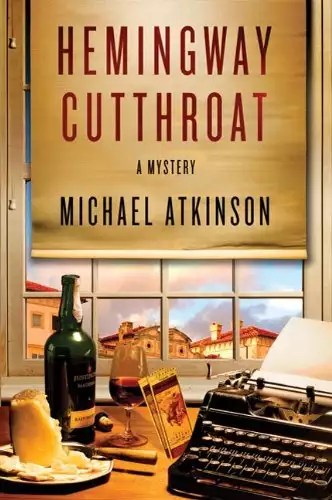1
We hope you are enjoying the book so far. To continue reading...
Hemingway Cutthroat
Michael Atkinson
Copyright © 2026 All Rights Reserved
Close
